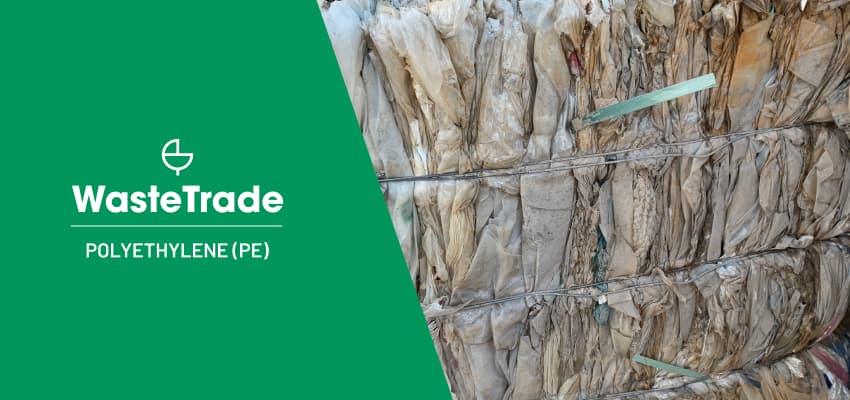Innovative PET Recycling Techniques Offered by WasteTrade: What You Need to Know
Innovative PET Recycling Techniques Offered by WasteTrade: What You Need to Know
Blog Article
The world is battling a plastic waste crisis that is causing hundreds of millions of pounds of trash ending up in oceans and landfills each year. The most widely utilized materials can be PET (polyethylene terephthalate), which is used to make containers for food, water bottles as well as other items that we use every day. Yet, WasteTrade has recognized the necessity of the recycling of PET as well and taken the necessary steps to make it an essential component in their recycling process. In this blog post, we will discuss why recycle PET at WasteTrade is vital to fighting the plastic waste problem.

The production and use of single-use plastics have been rising in recent times, leading to a significant increase in plastic pollution. According to a report from National Geographic, only 9 percent of the plastic produced has been reused. This alarming figure highlights the need for efficient recycling techniques for various types of plastics, such as PET.
PET is one type of plastic that is easily recycled into new products without compromising its quality or properties. WasteTrade recognizes this potential and has implemented a comprehensive PET recycling program in their waste management services. Through the collection and processing of used PET products through various sorts of methods like shredding and washing, WasteTrade ensures that these materials are diverted from marine or landfills.
But why is this important? In the first place, by diverting these substances from landfills or oceans using proper recycling techniques like those offered by WasteTrade, we can reduce environmental pollution significantly. Plastics can take hundreds, or many thousands of years decay naturally, which is why they remain harmful to our environment even after they have been disposed off incorrectly.
Furthermore, when plastics end in our oceans or other natural habitats, instead of being recycled properly at facilities like WasteTrade's plant-based facility. They can pose a serious threat to marine life and the health of humans. Marine animals frequently confuse plastic waste with food, resulting in ingest and entanglement, which can cause death. Plastics also break down into microplastics over time, which can enter through the food chain. They can have negative effects on human health.

Additionally, WasteTrade's PET recycling program also helps in reducing the demand for virgin plastic production. By recycling used PET materials into fresh ones WasteTrade contributes to an economy that is circular, meaning that resources are reused instead being recycled after a single use. This reduces the need for extracting raw materials as well as the energy-intensive processes involved in producing new plastics.
The conclusion: WasteTrade's PET recycling program is not just beneficial to the environment but also has economic advantages. By diverting these materials from the oceans or wastelands and turning them into useful resources through recycling, WasteTrade is creating job opportunities and promoting sustainable practices in communities.
Report this page